
Mechanical metamaterials are engineered structures that have unique properties that are not possible with natural materials. Now, they are being applied to aircraft to reduce … Read More ›

Mechanical metamaterials are engineered structures that have unique properties that are not possible with natural materials. Now, they are being applied to aircraft to reduce … Read More ›
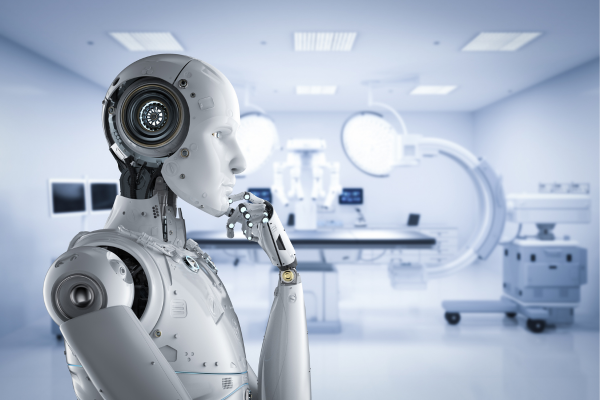
Machine learning (ML) programs computers to learn the way we do – through the continual assessment of data and identification of patterns based on past … Read More ›
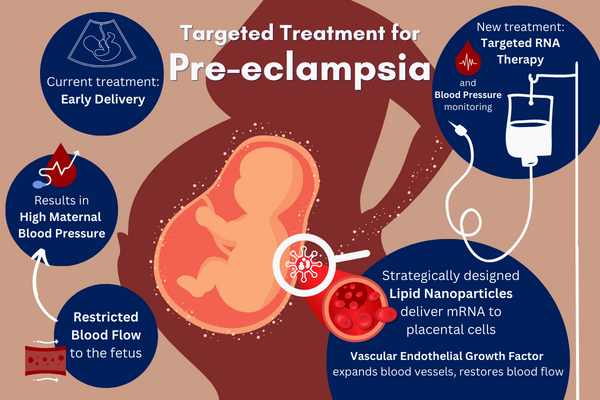
New research on reproductive health demonstrates the first successful delivery of mRNA to placental cells to treat pre-eclampsia at its root. Pre-eclampsia is a leading … Read More ›
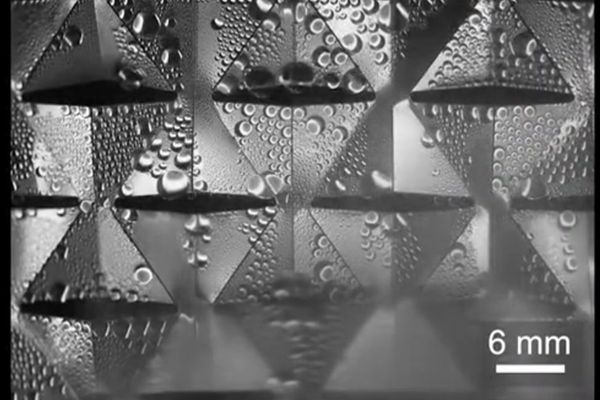
Climate change is forcing us to reshape our relationship with water. In some places, shifts in weather patterns cause droughts and in others, floods. Collecting … Read More ›
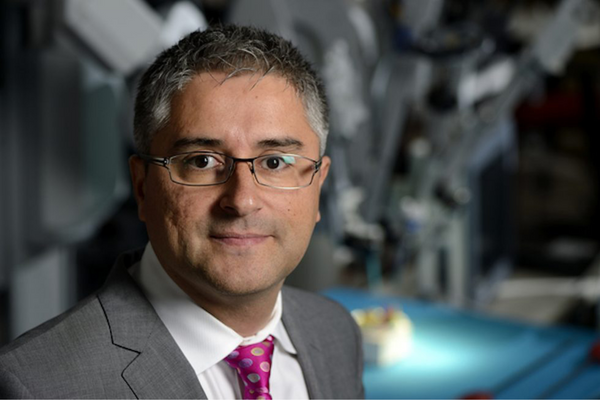
The Association for Computing Machinery (ACM) has recognized 57 members as fellows for their contributions to outstanding advancements in computer and information technology. Representing the … Read More ›
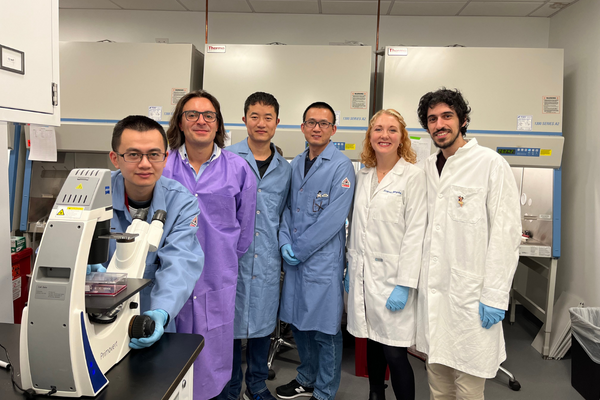
Since the success of the COVID-19 vaccine, RNA therapies have been the object of increasing interest in the biotech world. These therapies work with your … Read More ›

Soft robots, or those made with materials like rubber, gels and cloth, have advantages over their harder, heavier counterparts, especially when it comes to tasks … Read More ›
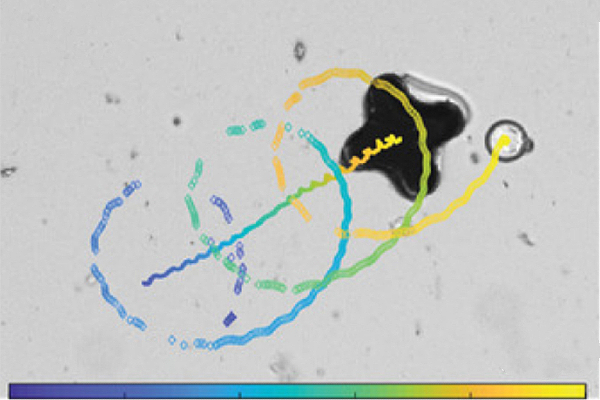
Controlling microscopic processes is inherently challenging. The everyday tools we use to manipulate matter on the macroscale can’t simply be shrunk down to the size … Read More ›
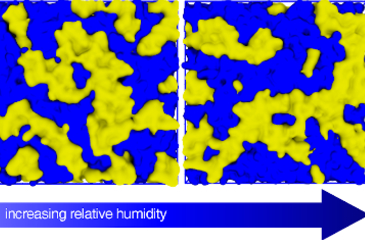
Fuel cells are becoming an increasingly important technology for electrical energy, especially for long-haul trucks and as backup power sources for homes. They convert hydrogen, … Read More ›

Michael Mitchell, J. Peter and Geri Skirkanich Assistant Professor of Innovation in the Department of Bioengineering, is one of this year’s recipients of the National … Read More ›